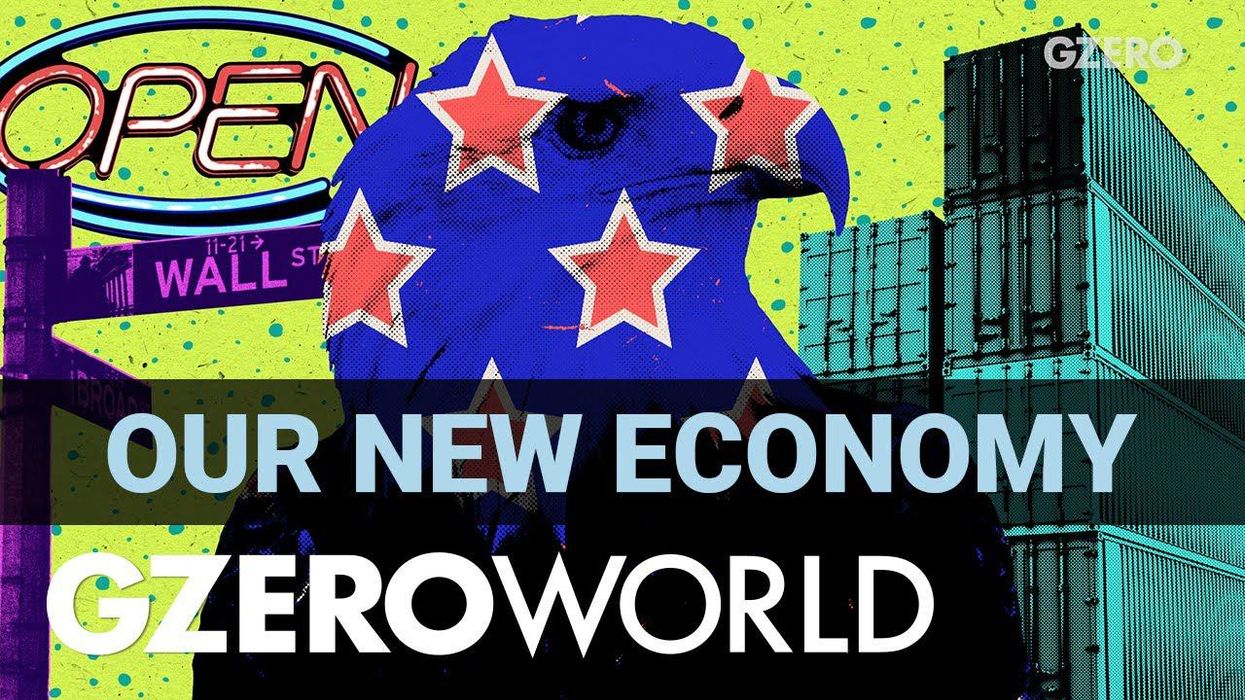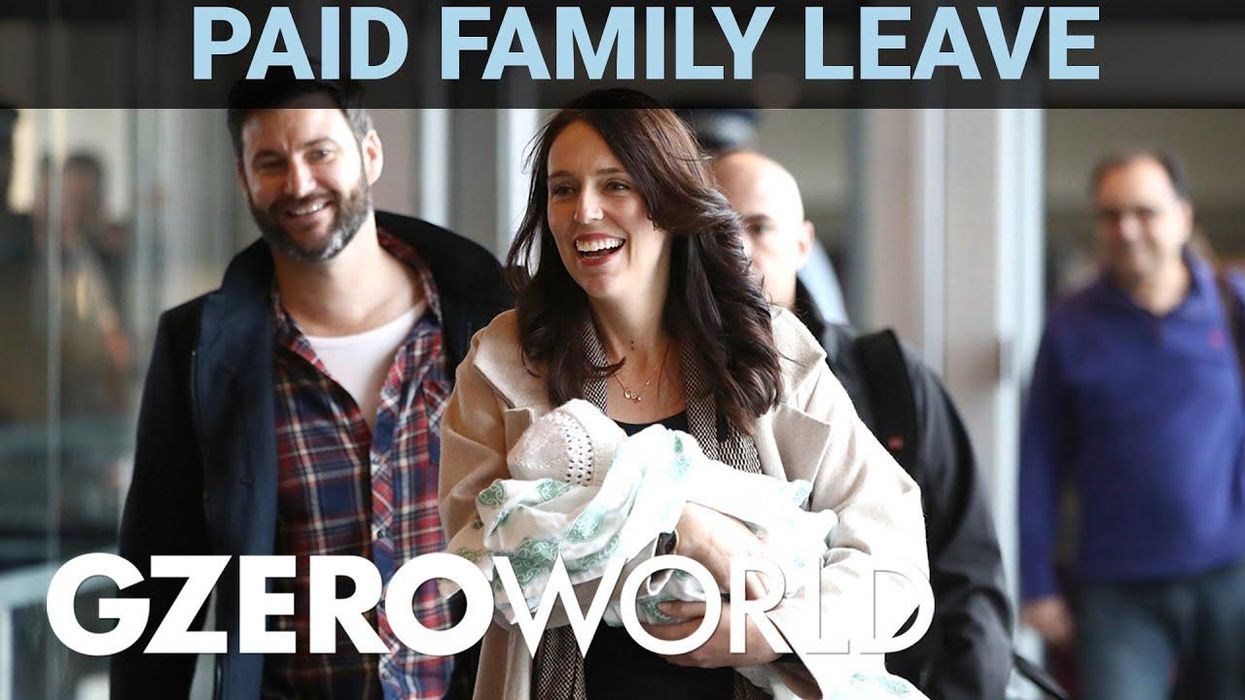GZERO World Clips
Making sense of our new global economy
If billionaires shooting off into space because their net worth has jumped 60 percent sounds cringeworthy to you, you're not alone. Indeed, the pandemic hasn't been kind to the 120 million people into extreme poverty. Nor to the global economy as a whole, which stands to lose $2.3 trillion by 2025 due to vaccine inequality.
Sep 30, 2021


